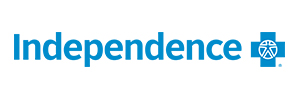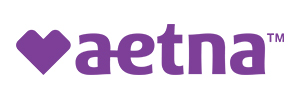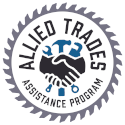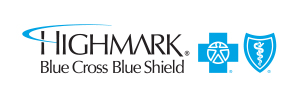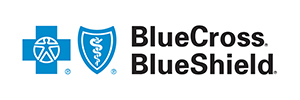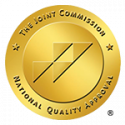What is An Inpatient Drug and Alcohol Treatment Center?
Drug and alcohol treatment also referred commonly referred to as drug treatment or alcohol treatment is available for those who desire help. Drug and alcohol treatment have multiple levels of care to meet an individual where they are. The highest level of drug and alcohol treatment is inpatient treatment and typically referred to as “rehab”. Typically, drug and alcohol inpatient treatment programs offer medical detox services.
Drug and alcohol treatment will begin with an evaluation of the individual that is seeking help. The evaluation will allow the treatment program to have a better understanding of the individual’s specific situation and needs. In the inpatient setting, the evaluation will help to determine the individual’s medical health, mental health, and use history in order to create an individualized treatment plan. With consent from the individual in the drug and alcohol treatment program, the treatment team may also reach out to family members to gain insight on the family dynamic. During drug and alcohol treatment in a rehab setting, you will find most programs take a team approach to treat the person as a whole rather than segmented areas.
During treatment, an individual may find the following members apart of their treatment team:
- Physicians
- Nurses
- Psychiatrists
- Licensed Family Therapists
- Licensed Addiction Counselors
- Nutritionists
- Case Managers
What Can You Expect in Inpatient Drug and Alcohol Treatment?
Detox is the first step in healing the individual from the drug and alcohol use in drug and alcohol treatment. The detox starts with evaluations by a medical team to determine which medical intervention are required. An individual being detoxed in a drug and alcohol treatment setting will be medically monitored 24/7 until your treatment team determines you are stable enough to move to residential treatment and engage in more programming. Once an individual’s medical symptoms are treated, an individual will begin therapy in the residential setting.
Drug and alcohol treatment residential program an individual can expect to be able to interact with the treatment community and participate in therapy, activities, and ancillary services offered.
During drug and alcohol treatment, an individual may experience the following services:
- Group Therapy
- Individual Therapy and Evaluations
- Mental Health Evaluation and Therapy
- Medical Treatment
- Wellness Activities
- Exercise
- Family Programing
- Nutritional Care
- Drug and Alcohol Treatment Education
- Case Management Services
- Continuing Care Planning
Effective drug and alcohol therapy will include multiples types of counseling such as individual counseling, group counseling, and family counseling. Individual counseling for drug treatment may include setting goals, identifying barriers, ways to work through challenges, and celebrating progress. Drug and alcohol treatment center will provide evidence-based therapy which has proven to help others recovery from addiction.
Some of the evidence-based approaches used in drug and alcohol treatment centers may include:
- Dialectical Behavioral Therapy (DBT) is an evidence-based treatment approach for opioid drug treatment as it has proven effective to treat individuals with substance abuse. This drug treatment approach is used help in individual shift responses to situations so the individual could process and rationalize their decision making.
- Cognitive-Behavioral Therapy (CBT) is an evidenced-based treatment approach for opioid drug treatment as it has proven to help individuals to identify and correct problematic behaviors by applying a variety of skills that be used to stop the drug use and address the underlying issues.
- Community Reinforcement Approach (CRA) is an evidenced-based treatment approach for opioid drug treatment as proven effective for individuals seeking drug treatment. Community Reinforcement Approach uses a range of familial, social, and recreational factors to reinforce recovery as a more rewarding than substance use.
How do you know if an individual needs rehab?
Individuals who can benefit from entering into an inpatient drug and alcohol treatment center will most likely have one of these characteristics:
- Individuals who are experiencing withdrawal
- Individuals who have recently relapsed
- Individuals who recently tried a lower level of care and were unsuccessful
Inpatient drug and alcohol treatment will focus on stabilizing the individual’s physical and emotional health. During inpatient treatment, an individual will learn about recovery and the support available.





